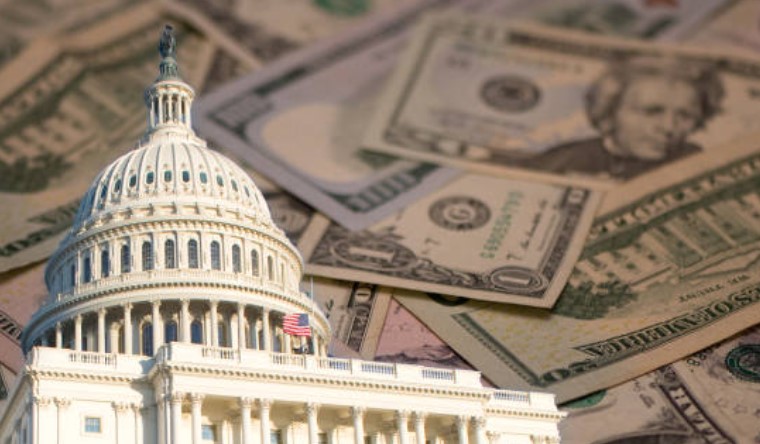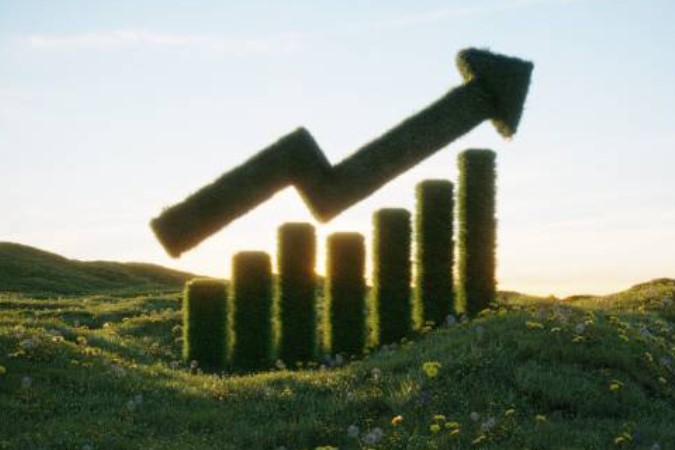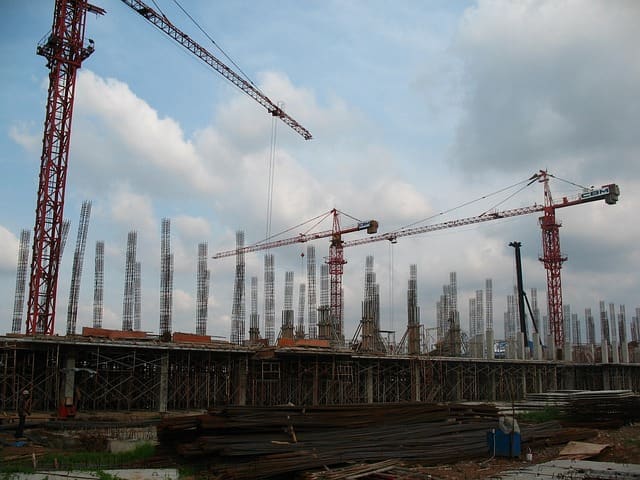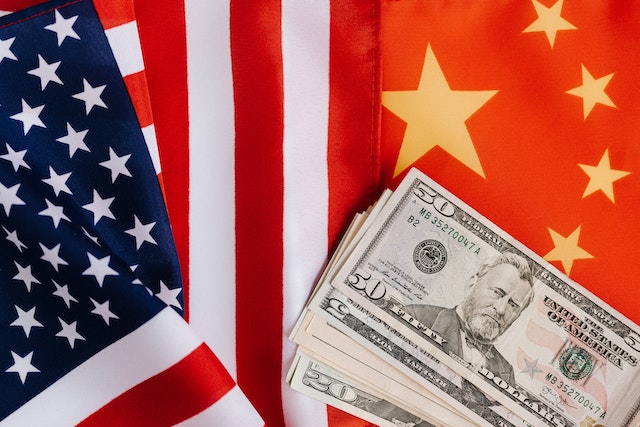
A Chuan Park balance unit in Singapore’s District 19 reaffirms Singapore’s ability to integrate economic growth and improved quality of life.
This 916-unit condominium along Lorong Chuan adds new modern residences to an existing mature neighborhood and strengthens the national goals of accessibility, connectivity, and community well-being. This development bridges the gaps in Singapore’s urban frameworks.
Strategic Location and Connectivity
Chuan Park’s Location is one of its most defining features. The Lorong Chuan MRT station on the Circle line is within walking distance of the new development.
This means Chuan Park residents can commute to all of Singapore’s economic, educational, and lifestyle opportunities. This level of connectivity improves the ability of residents to shift to new jobs and eliminates barriers to effective commuting.
These improvements increase productivity and make commuting more enjoyable.
The development also embodies Singapore’s commitment to transit-oriented development, which has had a more profound effect on Chuan Park.
When a community’s population density is concentrated near a centralized public transport hub and its surrounding core areas, planners avoid the encroachment of urban sprawl, in a sense, managing the growth of a community.
This particular strategy increases the economic productivity of an area by ensuring that more people can easily access jobs and services.
Community-Centric Living and Social Integration
Chuan Park is a positive example of how social sustainability is enhanced by the integration of a diverse range of local amenities, in addition to its transport connections.
Families can complete daily routines more easily due to their proximity to excellent schools, shops, and restaurants. Less travel for education and services strengthens families and enables greater active participation in communities.
The shared lifestyle spaces throughout the neighborhood enhance social interaction. Informal meeting places, such as cafes, shops, and recreational facilities, strengthen the ties of the community.
This multilayered environment is consistent with Singapore’s planning aim of self-sufficient precincts, where people can live, work, and socialize in close proximity.
ALSO READ: The Role of Exness Broker in Economic Stimulus and Recovery Efforts
Quality Residential Experience with Green Space
The positive impact of the design of the interiors of the development is also intentional. Internal communal spaces, active recreational facilities, and landscaped areas all encourage movement and mental rejuvenation.
Wellness amenities like fitness facilities, gardens, and swimming pools support residents’ healthier lifestyles and long-term well-being.
Singapore’s high urban density amplifies the importance of accessible greenery. The relaxation and restorative areas that are provided by greenery, which counterbalance the pressures of living in a high-density area, are more important than ever.
The quality of lifestyle that is offered by these features is also important for social integration, as shared greenery fosters informal social interaction, which is beneficial for developing relationships among residents.
Balancing Growth and Shared Prosperity
Chuan Park is a development that exemplifies the significant balance achieved in Singapore’s model of economic growth and social stability, particularly when housing is located near transit, community amenities are integrated, and the development is connected to an existing community network.
Chuan Park is a residential community that offers economic and social well-being.
These types of developments exemplify the level of liveability Singapore has achieved with growth. Singapore continues to replenish the cycle of growth and liveability through integrated transit, community design, and housing supply.



 Singapore’s condominium market does not grow by accident. It is shaped by decades of economic planning, tight regulation, and a clear objective: balance growth with stability, with each project guided by standards that responsible builders such as the Vela Bay developer are expected to uphold. Condo development here reflects not just demand, but how the state manages land, capital, and long-term urban growth.
Singapore’s condominium market does not grow by accident. It is shaped by decades of economic planning, tight regulation, and a clear objective: balance growth with stability, with each project guided by standards that responsible builders such as the Vela Bay developer are expected to uphold. Condo development here reflects not just demand, but how the state manages land, capital, and long-term urban growth.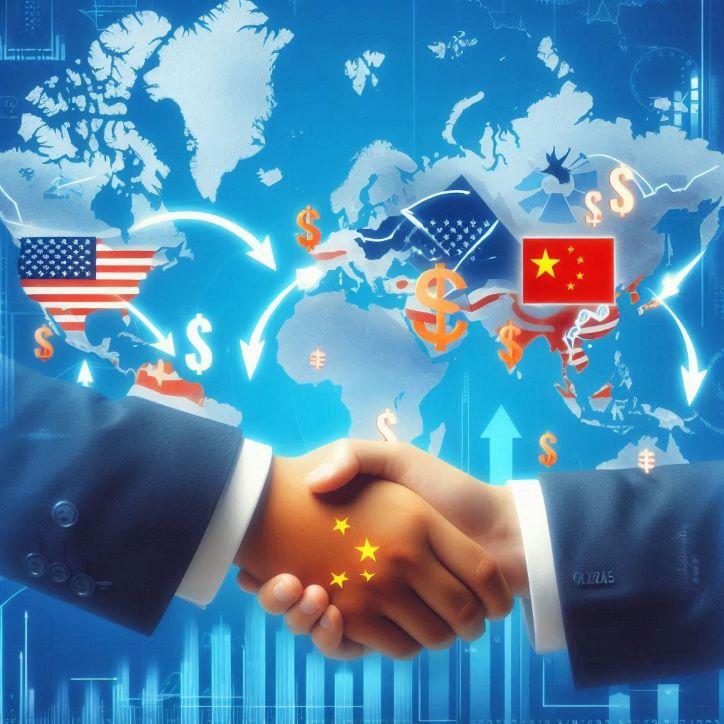





















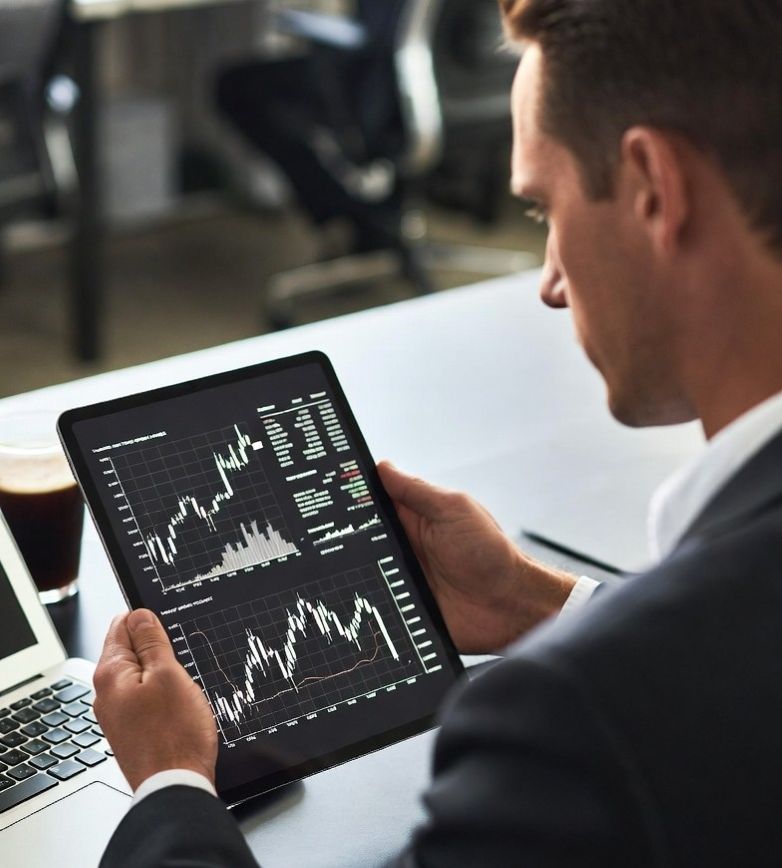

 Every day, millions of users scroll through Instagram, engaging with content that subtly influences what they buy, how they think, and even who they support politically. From viral challenges to sponsored posts, creators have become powerful cultural architects. Brands, businesses, and political campaigns now rely on influencers to drive consumer behavior and sway opinions.
Every day, millions of users scroll through Instagram, engaging with content that subtly influences what they buy, how they think, and even who they support politically. From viral challenges to sponsored posts, creators have become powerful cultural architects. Brands, businesses, and political campaigns now rely on influencers to drive consumer behavior and sway opinions. Proprietary trading firms now handle billions in daily transactions, driven by cutting-edge technology. Automated trading platforms have reshaped the financial landscape, streamlining trades and boosting profits. But what does this mean for the people behind the screens? The rise of automation is transforming job roles in finance, sparking debates about fairness, accessibility, and the future of work in this fast-paced industry.
Proprietary trading firms now handle billions in daily transactions, driven by cutting-edge technology. Automated trading platforms have reshaped the financial landscape, streamlining trades and boosting profits. But what does this mean for the people behind the screens? The rise of automation is transforming job roles in finance, sparking debates about fairness, accessibility, and the future of work in this fast-paced industry.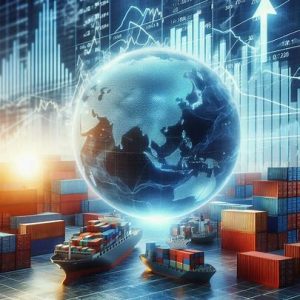
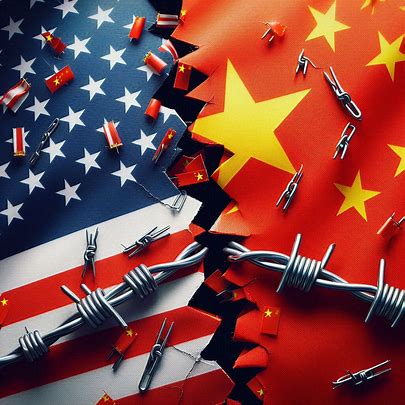

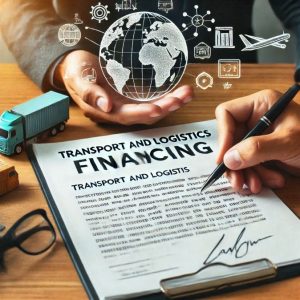 Government policies directly shape the transport and logistics sector, influencing access to financing and the cost of business loans. These changes affect how companies manage operations, expand fleets, and sustain growth. The transport and logistics industry is vital for economic stability in Australia, making it especially sensitive to policy shifts.
Government policies directly shape the transport and logistics sector, influencing access to financing and the cost of business loans. These changes affect how companies manage operations, expand fleets, and sustain growth. The transport and logistics industry is vital for economic stability in Australia, making it especially sensitive to policy shifts.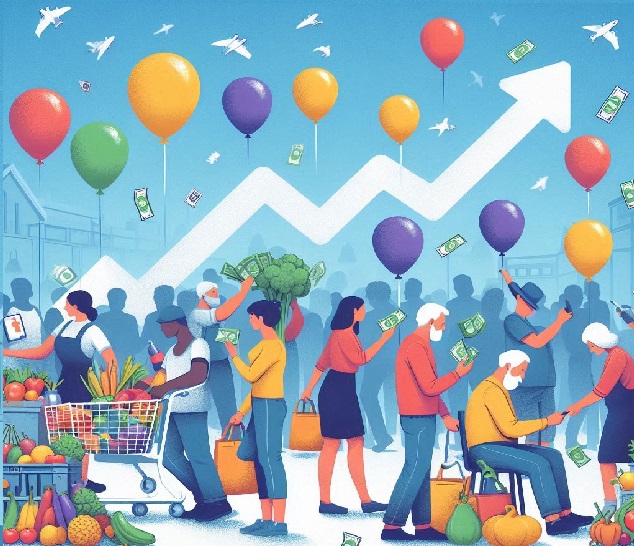
 Texas has one of the fastest-growing housing markets in the United States, with mortgage lenders playing a pivotal role in shaping its landscape. Lenders in cities like Lubbock, including prominent institutions like Herring Bank, influence not only home financing but also broader housing market policies and regulations. These institutions contribute significantly to the economic fabric of the state, ensuring accessible housing for many.
Texas has one of the fastest-growing housing markets in the United States, with mortgage lenders playing a pivotal role in shaping its landscape. Lenders in cities like Lubbock, including prominent institutions like Herring Bank, influence not only home financing but also broader housing market policies and regulations. These institutions contribute significantly to the economic fabric of the state, ensuring accessible housing for many. Costa Rica has consistently been recognized as one of the most stable economies in Latin America, a fact that directly influences its flourishing real estate sector. Favorable economic policies, political stability, and a strong emphasis on sustainability have made the country a magnet for investors. The result? A booming real estate market with no signs of slowing down.
Costa Rica has consistently been recognized as one of the most stable economies in Latin America, a fact that directly influences its flourishing real estate sector. Favorable economic policies, political stability, and a strong emphasis on sustainability have made the country a magnet for investors. The result? A booming real estate market with no signs of slowing down. Decentralized finance (DeFi) has emerged as a transformative force in the financial landscape. Unlike traditional financial systems, DeFi operates on blockchain technology, allowing users to engage in financial transactions without intermediaries. This shift is not just about convenience; it is reshaping economies’ global functions.
Decentralized finance (DeFi) has emerged as a transformative force in the financial landscape. Unlike traditional financial systems, DeFi operates on blockchain technology, allowing users to engage in financial transactions without intermediaries. This shift is not just about convenience; it is reshaping economies’ global functions. The general cost of healthcare is largely influenced by medical malpractice insurance. Particularly in high-risk areas like surgery and obstetrics, premiums for this insurance might be somewhat hefty. Many times passed on to patients as higher medical fees, these expenses help to explain the growing expense of healthcare. Further increasing healthcare expenses is the fear of litigation, which can lead to defensive medicine practices whereby doctors order pointless tests and treatments to guard themselves from possible lawsuits.
The general cost of healthcare is largely influenced by medical malpractice insurance. Particularly in high-risk areas like surgery and obstetrics, premiums for this insurance might be somewhat hefty. Many times passed on to patients as higher medical fees, these expenses help to explain the growing expense of healthcare. Further increasing healthcare expenses is the fear of litigation, which can lead to defensive medicine practices whereby doctors order pointless tests and treatments to guard themselves from possible lawsuits. In recent months, global politics have heavily influenced economic trends, with one of the most notable examples being the impact of ongoing conflicts in the Middle East. Tensions in this region have historically influenced global oil prices, and the current situation is no exception. With oil prices fluctuating due to political instability, the ripple effects are being felt across global markets. Rising energy costs contribute to inflation, which has become a pressing concern for developed and emerging economies.
In recent months, global politics have heavily influenced economic trends, with one of the most notable examples being the impact of ongoing conflicts in the Middle East. Tensions in this region have historically influenced global oil prices, and the current situation is no exception. With oil prices fluctuating due to political instability, the ripple effects are being felt across global markets. Rising energy costs contribute to inflation, which has become a pressing concern for developed and emerging economies. The landscaping and lawn care businesses in the U.S. have been growing steadily in recent years, as market reports indicate that between 2017 and 2022, the industry has been growing at an average rate of 5.3% on a national scale. Statista’s year 2023 report shows that the industry has generated as much as $176.5 billion in revenues. Currently, the 2024 revenue generated by the Lawn and Landscape Market has already reached US$133 billion and is still increasing.
The landscaping and lawn care businesses in the U.S. have been growing steadily in recent years, as market reports indicate that between 2017 and 2022, the industry has been growing at an average rate of 5.3% on a national scale. Statista’s year 2023 report shows that the industry has generated as much as $176.5 billion in revenues. Currently, the 2024 revenue generated by the Lawn and Landscape Market has already reached US$133 billion and is still increasing. In the state of Georgia alone, the Landscape and Garden Market already reported interim revenues amounting to US$79.08 million. Based on that trend, it is projected that Georgia’s landscaping and gardening market will move forward from 2024 to 2028, at a growth rate of 6.52%.
In the state of Georgia alone, the Landscape and Garden Market already reported interim revenues amounting to US$79.08 million. Based on that trend, it is projected that Georgia’s landscaping and gardening market will move forward from 2024 to 2028, at a growth rate of 6.52%.
